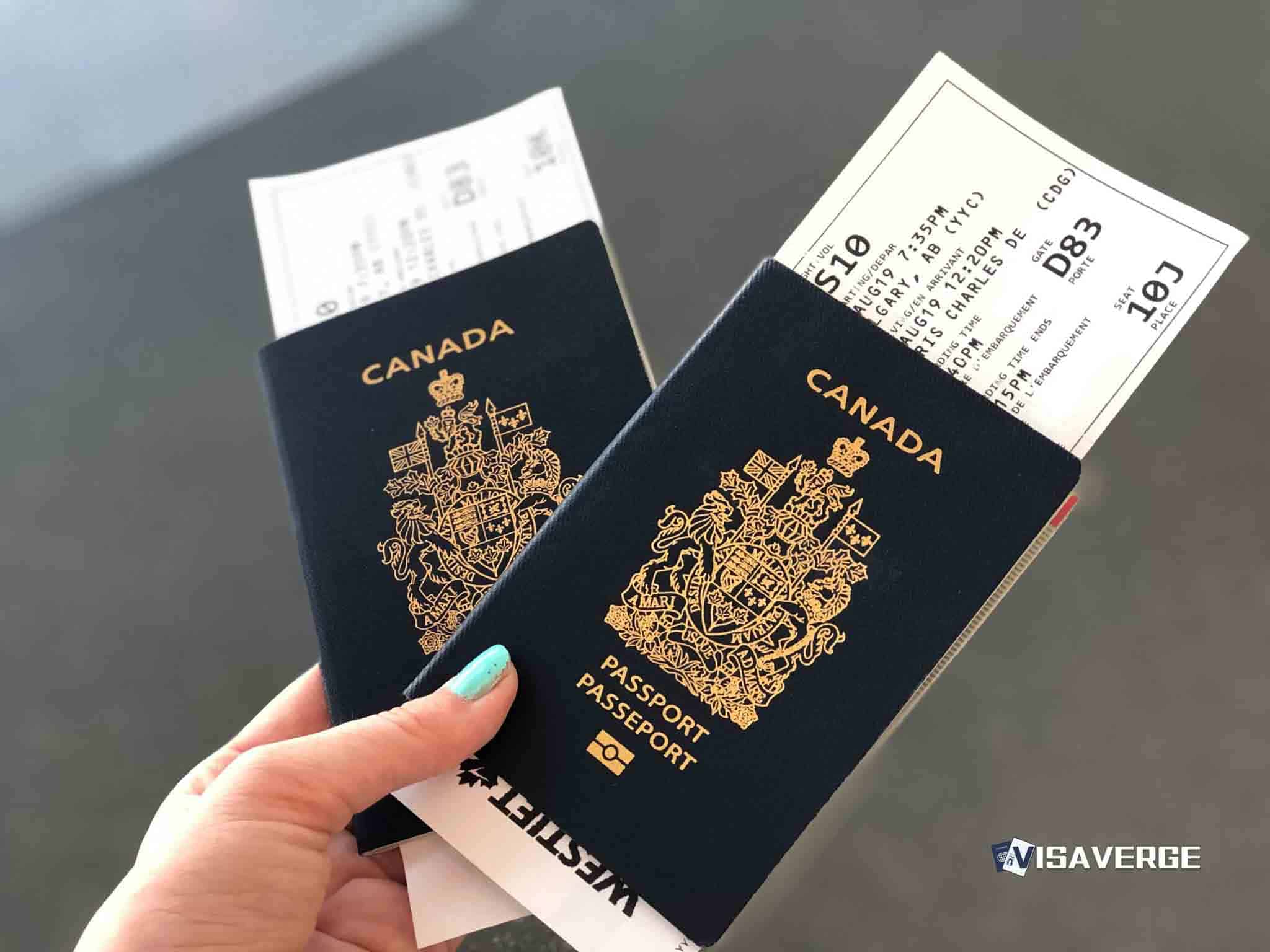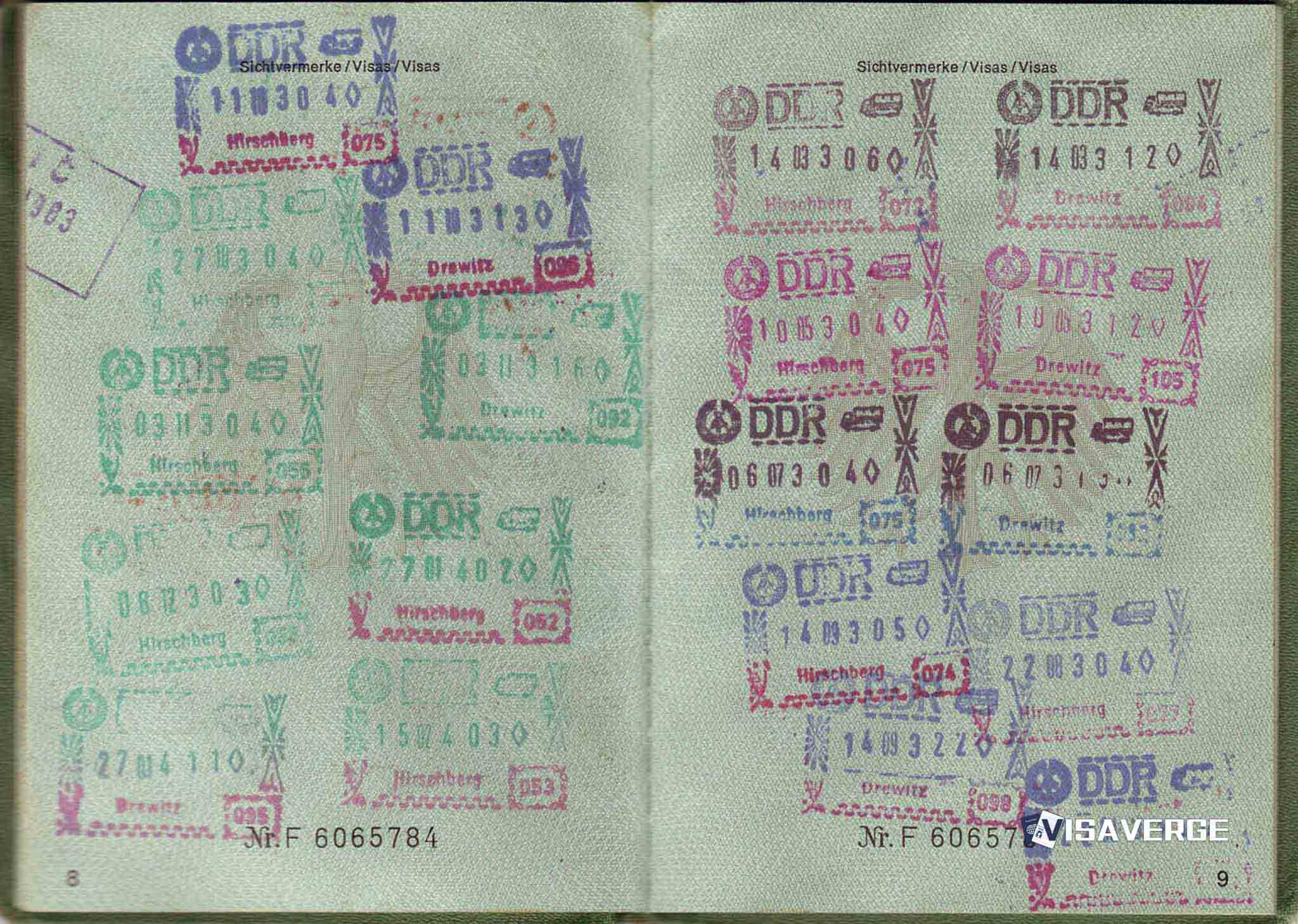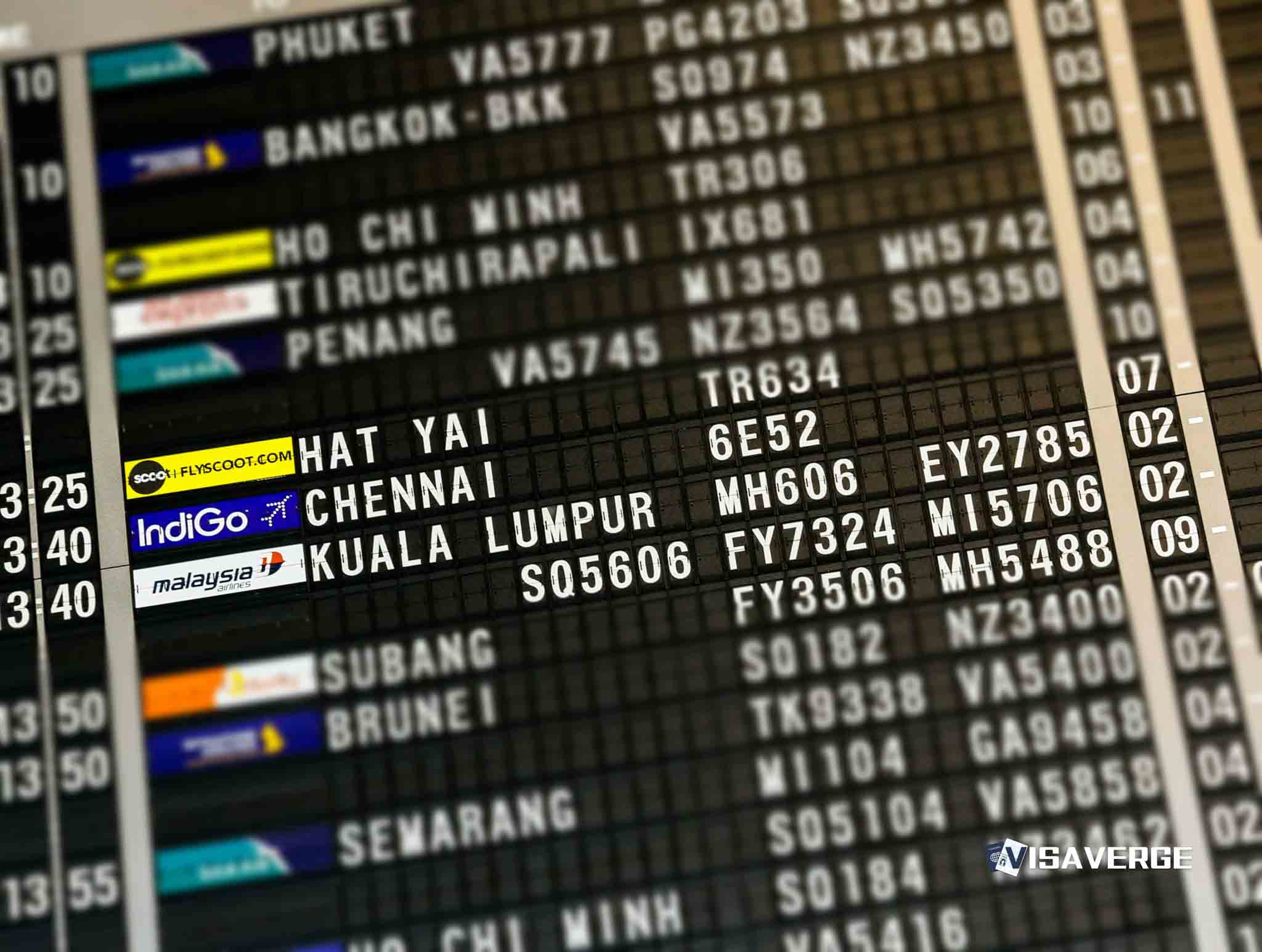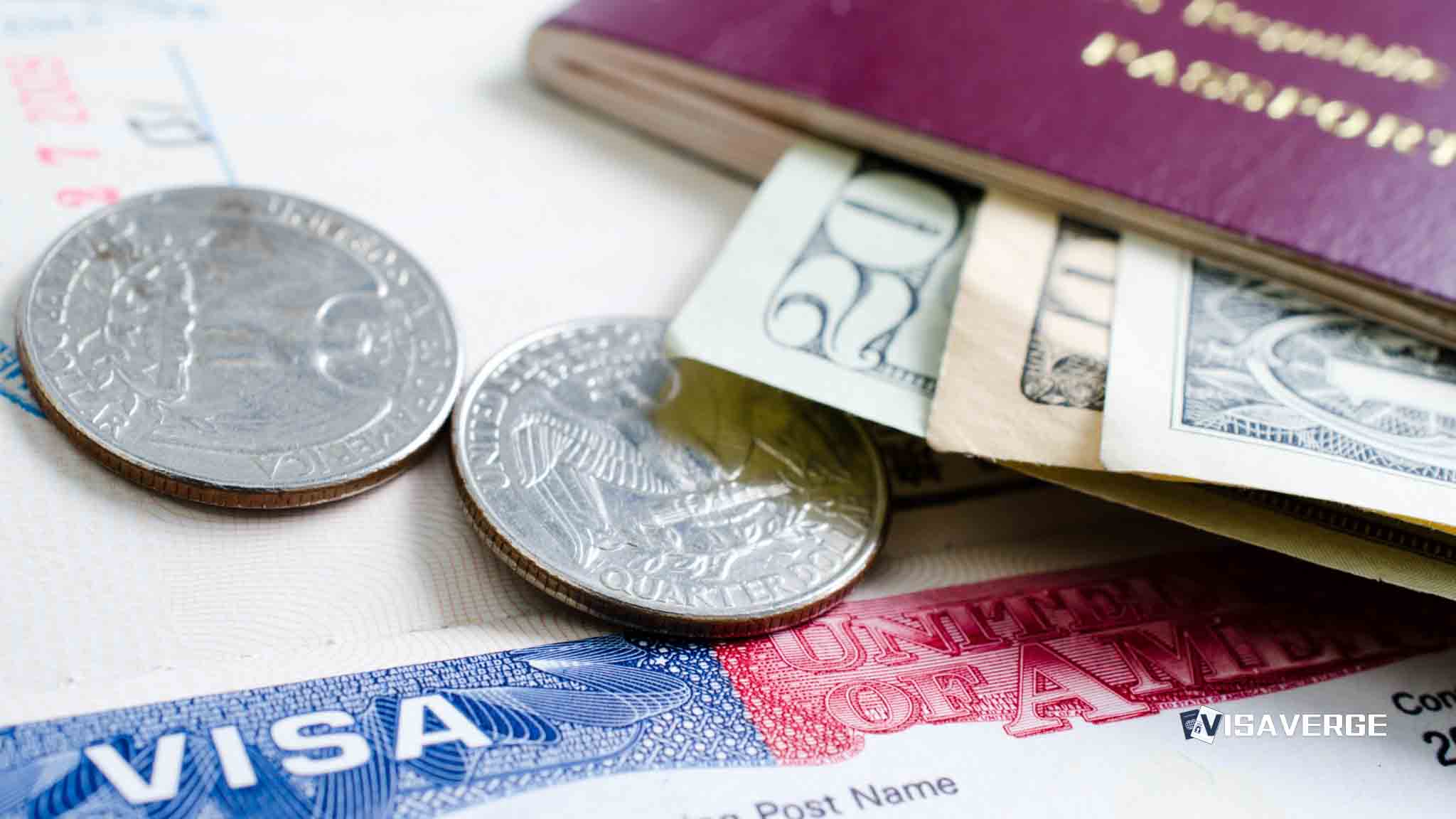Embarking on an international journey requires not just excitement and the spirit of adventure but also a deep understanding of crucial document regulations—specifically passport rules—to ensure your trip doesn’t hit unexpected turbulence. The last thing you want is for overlooked details to derail your long-awaited vacation. In this comprehensive guide, we’ve gathered holiday travel tips and outlined the most important travel documentation requirements so that your getaway is smooth sailing from start to finish.
Understanding Passport Expiry Rules
Before zipping up your suitcase, there’s a vital checkpoint: the expiration date on your passport. Though it might seem obvious, the significance of this date cannot be overstated. Various countries have their own specific rules regarding passport validity. As a rule of thumb, ensure that your passport has at least six months of validity remaining from the date you plan to return home.
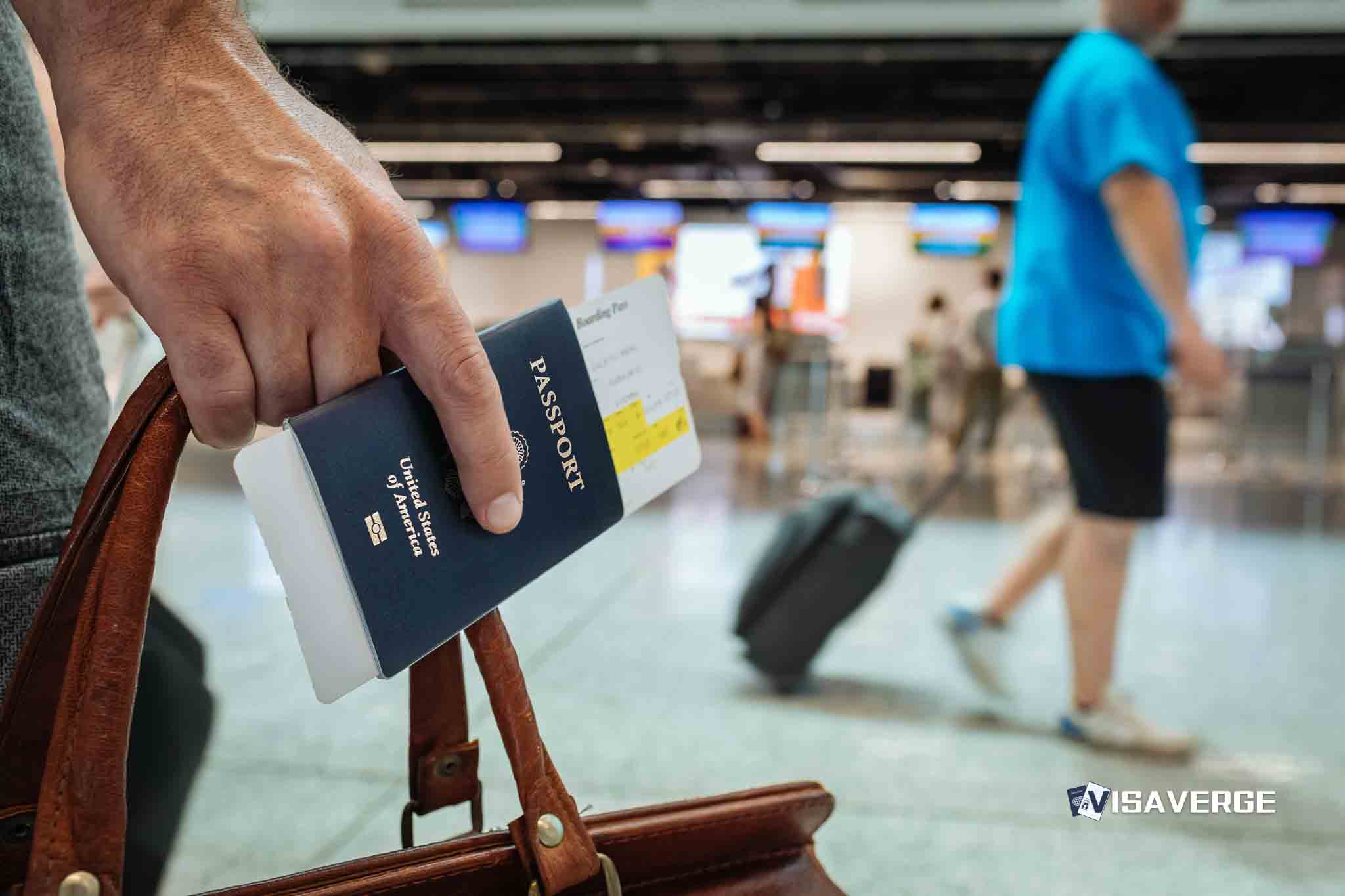
“Different countries have different rules about how close your passport can be to expiry when you travel. To be safe, make sure that your passport has more than six months’ of validity from the date you return from your trip.”
Take the cautionary tale of the US family barred from their Greek Island vacation because their passports were set to expire within a few months. Checking your passport’s expiry date is an essential first step in holiday planning.
Passport Condition Matters
An often overlooked aspect of travel documentation requirements is the physical condition of your passport. A passport worn down by years of travel may seem like a badge of honor, yet even slight damage can render it invalid. This includes rips, tears, or even mold. For example, Indonesia, with its strict enforcement, might prevent you from boarding if there’s any significant wear.
In a notable incident from 2019, a celebrity found herself detained in the Maldives because of a torn passport page. Regularly inspect your passport’s condition, and if damage occurs, take immediate steps to replace it.
The Issue with Novelty Stamps
While collecting stamps in your passport might seem like a charming way to document your travels, exercise caution with unofficial, novelty stamps from tourist locales like Machu Picchu or Easter Island.
A spokesperson from the Department of Foreign Affairs and Trade outlined the policy clearly:
“It’s a requirement that your passport is not altered or tampered with. The only stamps that are recorded in your passport should be visas and those put there by officials working on behalf of the country you’re visiting.”
Consider keeping a separate travel diary for these mementos instead. Inadvertently, an unapproved stamp could jeopardize your eligibility for future visas.
Specific Country Requirements
When planning your international travel, research is your best friend. Certain countries, such as the US and the UK, generally require six months of passport validity. However, others might have additional stipulations.
For instance, some countries demand that you have two to four blank pages available for their entry and exit stamps. You’ll also want to check on visa requirements and any necessary vaccinations. Stay informed by visiting official immigration websites like the U.S. Department of State or UK Visas and Immigration.
Keeping Track of Blank Passport Pages
For frequent flyers, running out of pages in your passport is a genuine concern. It’s essential to know that some countries, unlike Australia, allow their citizens to add additional pages to their passports. Since this option isn’t available for everyone, it’s prudent to monitor the number of used pages.
“While some countries allow citizens to add additional pages to their passports when it begins to fill up, unfortunately Australia does not.”
When your passport starts to fill up, consider it a cue to renew, even if there’s considerable time left before it expires.
Using a Child’s Passport Post-18
Entering adulthood doesn’t immediately necessitate a new passport if you have time left on the one issued when you were a child. A current and valid child’s passport can continue to be used right up until its expiration date.
Timing Your Passport Renewal
Finally, never underestimate the time it takes to renew your passport. With processing times averaging around six weeks—and potentially longer during peak travel seasons—procrastination is not your ally.
“The passport office recommends you allow at least six weeks for your passport application to be processed, though it could take even longer in the lead-up to busy travel times.”
Start the application process well in advance of your travel dates to avoid unnecessary stress.
By keeping these holiday travel tips in mind and adhering to essential travel documentation requirements, you’re setting the stage for a worry-free and memorable overseas experience. Passport rules can be complex, but with proper preparation, they won’t stand in the way of your adventures. Safe travels!
So there you have it, my fellow adventurers! Now you’re armed with all the passport knowledge you need to ensure your travels go off without a hitch. Remember, don’t let that expiration date sneak up on you, and keep your passport in shipshape condition. Oh, and watch out for those tempting novelty stamps! But wait, there’s more! For even more travel tips and information on visa requirements, head on over to visaverge.com. Bon voyage!
This Article in a Nutshell:
Embarking on an international journey? Avoid unexpected turbulence with this guide to passport rules. Check expiration dates and for damage, be cautious with novelty stamps, and research specific country requirements. Watch passport pages and renew in advance. With proper preparation, passport rules won’t stand in the way of your adventures. Safe travels!



